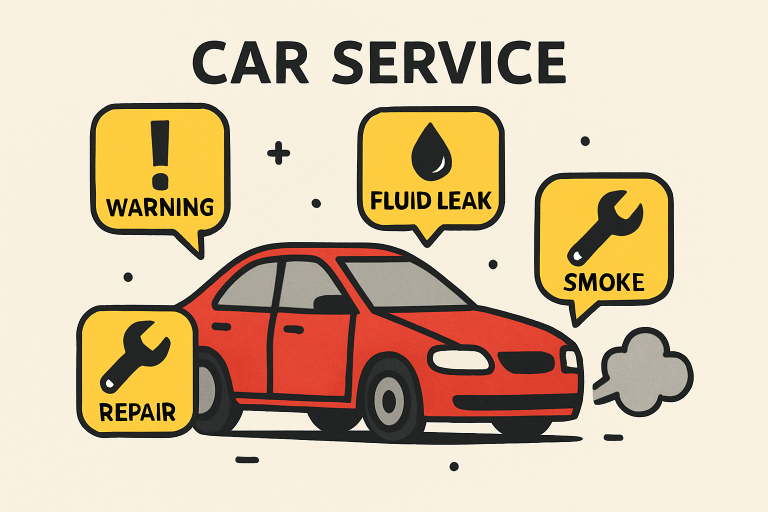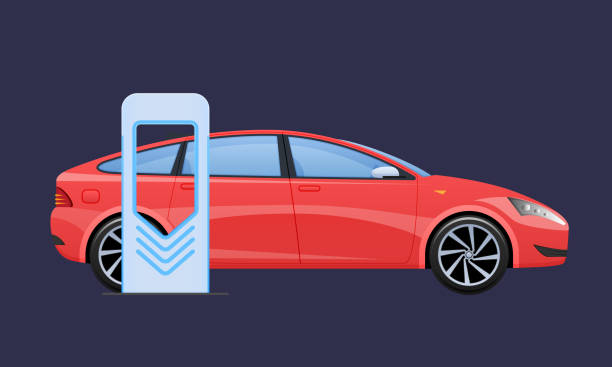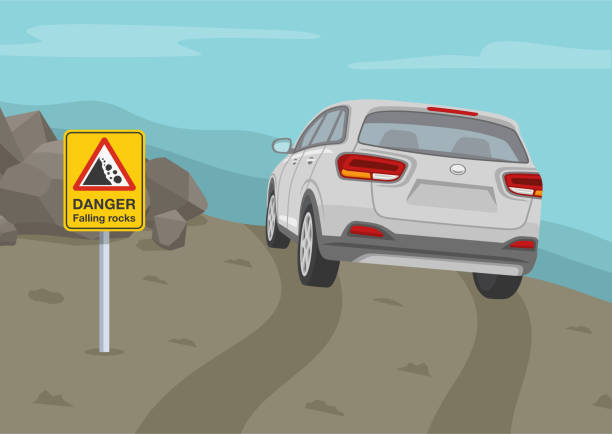Common Signs Your Car Needs Professional Service
Identifying vehicle issues early can mean the difference between a simple fix and a costly repair. Routine maintenance and attention to your car’s performance not only ensure your safety but also help you avoid inconvenient breakdowns and preserve your vehicle’s value. By understanding how your car functions and noticing anything unusual, you can address minor issues before they become major headaches. Whether you drive daily or only occasionally, staying vigilant can save time, money, and stress down the road. If you’re in doubt or notice persistent issues, it’s wise to consult an auto mechanic in Victoria, Canada, for professional advice and thorough inspections.
Cars have evolved to provide early indicators when something’s amiss, yet it’s easy to dismiss or overlook warning signs, especially if your vehicle still seems to run fine. However, these signals serve as early warnings of underlying issues that could worsen over time. Understanding what these signs mean can help you avoid inconvenient and costly breakdowns. Let’s explore the most common symptoms that require a mechanic’s expertise so you can travel confidently and safely.
Dashboard Warning Lights
Your car’s dashboard is designed to alert you to issues before they turn severe. Modern vehicles are equipped with computer systems that monitor the health of many components, and a variety of dashboard lights may illuminate if these systems detect a problem. Indicators like the Check Engine Light, Oil Pressure Warning, Battery Alert, or Brake Warning should never be ignored, as each signal relates to critical systems—engine, oil circulation, battery charging, or braking capability. Ignoring these warnings can result in extensive and costly repairs or even leave you stranded on the road with a non-operational vehicle. Consulting a professional at the earliest sign of a dashboard warning is essential for proper diagnostics and repairs.
Unusual Noises
Unexpected sounds, such as squealing, grinding, knocking, or clunking, often signal mechanical problems that will not resolve on their own. Squealing or grinding noises are most often associated with worn brake pads or failing brake components, which directly impacts your safety. Knocking noises coming from the engine may point to low oil levels, engine wear, or more serious internal damage. Meanwhile, clunking, rattling, or thumping sounds while driving over bumps or turning corners can be traced to suspension issues, loose parts, or failing joints. Consider unusual noises as your car’s way of asking for help. Being proactive and addressing these sounds quickly by having your vehicle checked promptly not only maintains your car’s safety and performance but also helps prevent minor issues from developing into larger, more expensive repairs.
Fluid Leaks
Any pooling of fluids under your car should raise immediate concern, as your vehicle relies on several essential fluids to operate safely and efficiently. Identifying the color and consistency of the leak can help you or a technician determine its source. For instance, red or brown leaks are usually a sign of transmission or power steering fluid issues, while yellow or green often signals a coolant or antifreeze leak. Clear or brown puddles may indicate brake fluid. Oil leaks typically appear dark brown or black and are common in older vehicles, but should still be addressed quickly. It’s important not to overlook even small leaks, since these can rapidly cause system failures, overheating, or loss of crucial pressure in braking systems—each of which presents a significant safety risk.
Braking Issues
Brakes are your car’s primary safety feature, playing a fundamental role in safeguarding you, your passengers, and those around you. If you notice squealing or grinding noises when braking, a soft or spongy brake pedal, delayed stopping, or vibrations, it’s essential to have your system inspected immediately. These symptoms may indicate worn brake pads, potential hydraulic system faults, air in the brake lines, or warped rotors, particularly if you frequently drive on steep roads or in stop-and-go traffic. Even minor braking defects can become hazardous if neglected, potentially leading to brake failure. Timely brake service not only maintains optimal stopping power but also extends the longevity of your braking system and helps prevent dangerous situations and costly future repairs.
Steering Difficulties
Turning your steering wheel should always feel smooth and effortless, with your vehicle responding predictably. If you notice the steering wheel is hard to turn, makes odd noises, feels loose or imprecise, or your vehicle starts pulling to one side, you may have low power steering fluid, wheel alignment concerns, or mechanical issues in the steering system, such as worn tie rods or ball joints. Driving with steering difficulties can make handling your car dangerous, particularly at higher speeds or in emergencies. It’s crucial to address steering issues promptly to avoid loss of control, which could otherwise place you and others at risk. Addressing steering concerns promptly ensures drivers maintain full control of their vehicles, safeguarding both occupants and other road users.

Engine Performance Problems
Engine issues manifest as stalling, backfiring, difficulty starting, loss of power, rough idling, or sluggish acceleration. These problems can be caused by a variety of issues, ranging from a simple dirty air filter to more complex failures with the fuel pump, ignition system, or sensors. A weak battery or worn spark plugs can make starting the engine difficult, while clogged filters or worn timing components can rob your vehicle of power and efficiency. Ignoring these symptoms can lead to worsening performance, decreased fuel efficiency, and even significant engine damage that may require expensive repairs or replacements. A professional should always address persistent engine troubles to diagnose the root cause and restore reliable transport.
Excessive Exhaust Smoke
Exhaust smoke is another clear sign that your car may have internal problems that require immediate attention. Blue smoke points to oil burning in the engine, usually caused by worn piston rings or valve seals, and can eventually ruin engine components if not treated. White smoke frequently suggests coolant leaking into the combustion chamber, often from a blown head gasket or a cracked engine block, which can lead to severe overheating and failure if not fixed right away. Black smoke means your engine is burning too much fuel, usually due to failing fuel injectors, sensors, or air filters. All of these issues require a detailed examination and repair by experienced mechanics to avoid further damage.
Vibrations or Shaking
Feeling vibrations, shaking, or wobbling while driving is not only unsettling but also unsafe. Several factors can contribute, including unbalanced or unevenly worn tires, misaligned wheels, or worn suspension components such as shocks and struts. In addition, faulty driveline components or brake problems may also cause your vehicle to vibrate or pull off course, especially at high speeds. If left unchecked, these issues will affect your car’s handling and stability, increase tire wear, and raise the risk of accidents. Professional inspection and regular maintenance—such as tire balancing, wheel alignment, and timely suspension repairs—are essential for restoring a smoother, safer ride and reducing repair costs over the car’s lifespan.
Conclusion
Remaining vigilant about your car’s performance, sounds, and signals is essential for safe and reliable transportation. Even modern vehicles, with their advanced warning systems and sensors, rely on owners to take action when something seems off. Promptly addressing signs of trouble with the help of professional mechanics can save money on future repairs and prevent dangerous situations. Regular scheduled maintenance, swift action at the first warning sign, and seeking professional help when needed ensure your vehicle remains safe and dependable for years to come.







